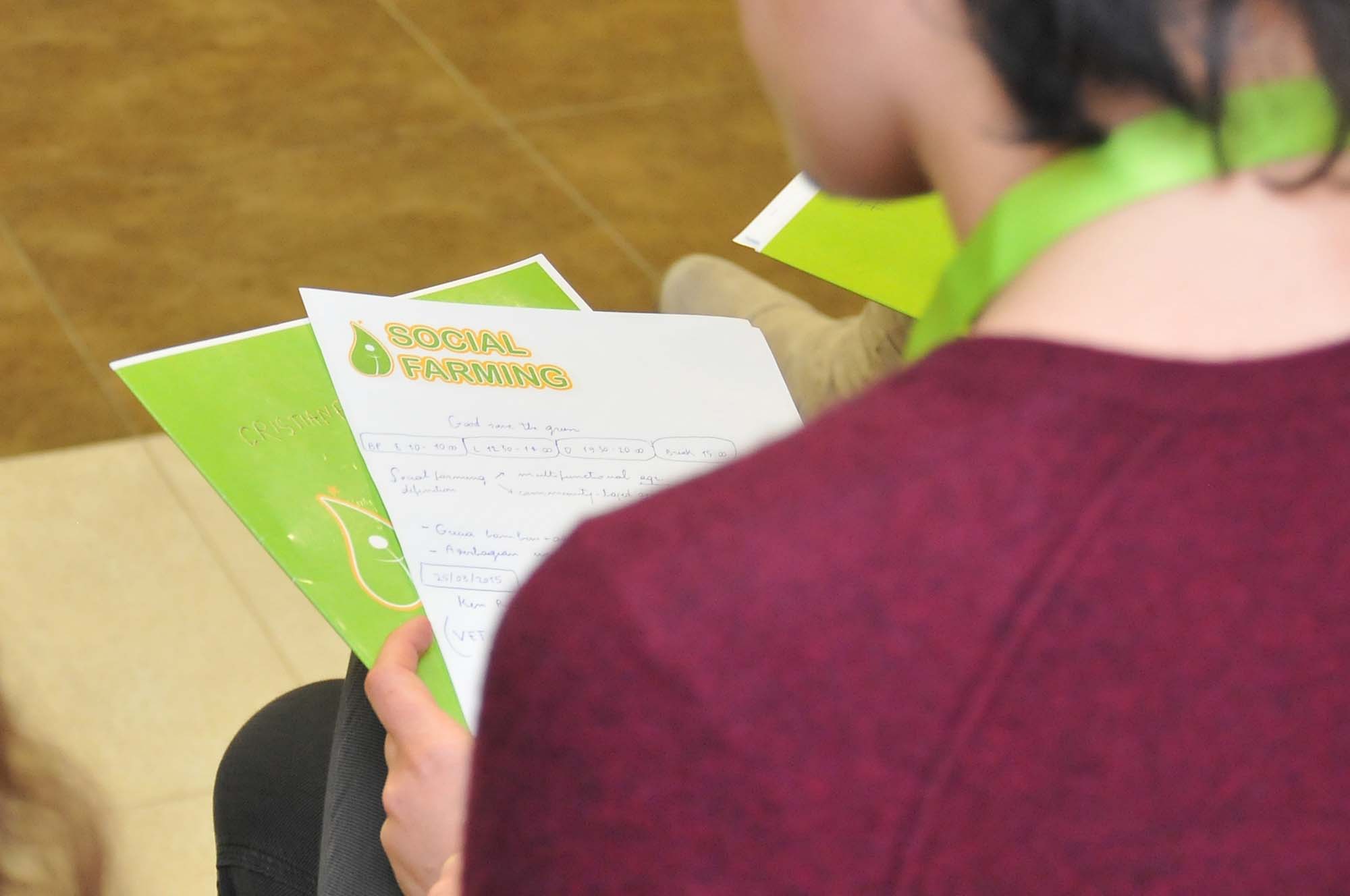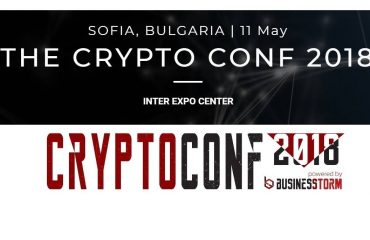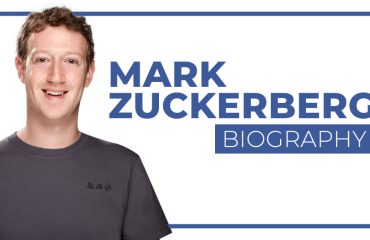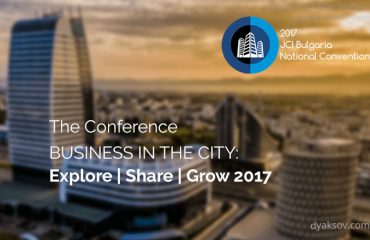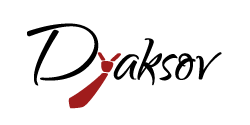At the end of March, I had the pleasure to be a part of the organization of a “Social farming” project (with the help of Mladezhki Glas – Plovdiv and JCI Plovdiv). It was funded by the new Erasmus+ program and it gathered 48 young people from 10 different countries (Spain, Italy, Serbia, Romania, Greece, Turkey, Azerbaijan, Portugal and Macedonia). For a week, Park Hotel Plovdiv turned into an arena for discussing different practices, which tackle youth unemployment in rural areas. Along with their Bulgarian partners, the young Europeans got the chance to share their experience in social farming, based on biodynamic farming and informal education.
Social faming is a new social and entrepreneurial model that aims to integrate young people with disabilities or disadvantages into the farming practices, as well as to involve them into activities that are different from conventional farming. This approach has a wide variety of social and ethical aspects, along with informal education methods, which have a therapeutic effect on those with special needs, and thus open new education and employment possibilities for them.
During their stay in Plovdiv, the international participants attended different learning sessions and training from professionals, who are prominent in their fields. Professor Stoytcho Karov, from the University of Food Technologies, gave a resourceful insight into the biodynamic farming and agriculture. The special guest lecturer was Dimitar Stoyanov (a.k.a. Uncle Mitko) – the person who owns the only one official social farm in Bulgaria. The participants also learned more about Erasmus+ and the ways the can apply for European funding by Zornitsa Staneva. Camelia Dumitrache from Romania provoked their entrepreneurial abilities by giving them a potato and persuading them to exchange it 10 times for something that has more value.
As a facilitator and an organizer, I found those few days extremely challenging, and filled with work. It was my responsibility to make sure everything was going well, and to make our guests feel like home during the project. The whole week, however, along with its challenges, was filled with so many positive moments. The international participants gained some valuable experience in a multicultural environment, and each one of them was able to have a different point of view, and grow as a person. But before I start sharing my view on those seven incredible days, let me show you what two of our guests have to say on that matter.
Javier Rodriguez (Spain):
After a week in Plovdiv, I realized the most important thing is to feel good about yourself; to feel good about the different people around you, and to make them feel better by being close to you.
I really enjoyed this project, and I really enjoyed Bulgaria. Moreover, you made me a better person. Now, I can feel more comfortable around different kinds of people. I am more outgoing and relaxed. You showed me there are good people everywhere, and as long as you dare to become a leader and strive for a better future, your background is not that important.
I really appreciate your effort, your ice breakers and energizers, your way to speak slow and clear, and a smile, always a smile in your face. It’s difficult to believe how you can change your feelings if everyone around you is smiling.
This was my first international project, and while it was hard for me, it couldn’t have been better. Now, I am changed for the better, I can understand things that I couldn’t before, and I opened my mind with your help. I would like to make my family and friends, to feel like I do, and to share my happiness with them.
Someone told to me that you need time to look behind, and see how the things affect to you, and now I know it.
Please, continue with the projects, so that people get to know different countries and open their mind. I’m sure this is the way to create a better world. It was nice meeting you, Petar.
Ilektra Papadaki (Greece):
The Erasmus+ project on Social Farming in Plovdiv succeeded in taking on a contemporary theme that we could only see in practice and transform it into knowledge that can be shared and spread. The variety of the different backgrounds of the participants was the most important ingredient of this experiment. I am grateful of being a small part of that, and I can only wish that more projects like this took place, embracing the ideals of the Erasmus program, like mobility of people and ideas, in a vibrant environment that young active people can create.
Personally, it was extremely challenging to welcome so many people from different countries, cultures, background, and at different ages. But as soon as the project started. I saw a lot of positive, proactive and outgoing young people. Everything was great and we spent seven unforgettable days, filled with discussions, workshops and so much fun! At the end, no one wanted to leave. It was valuable experience that I will never forget.
